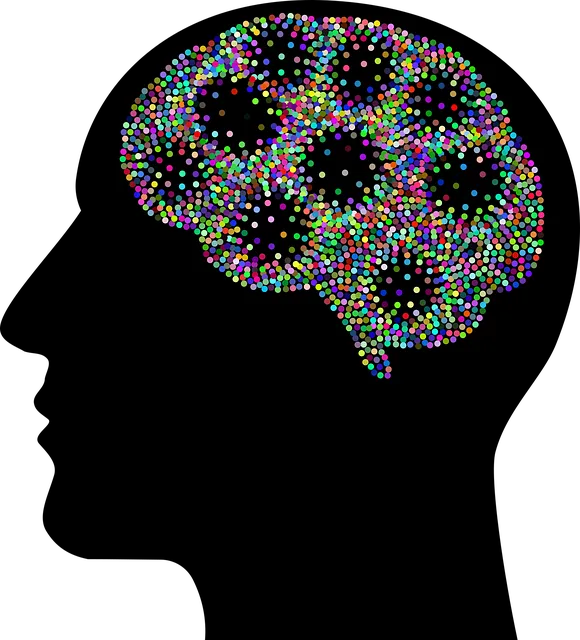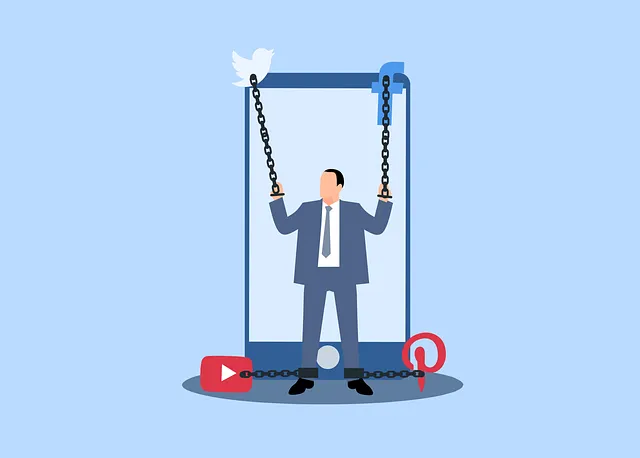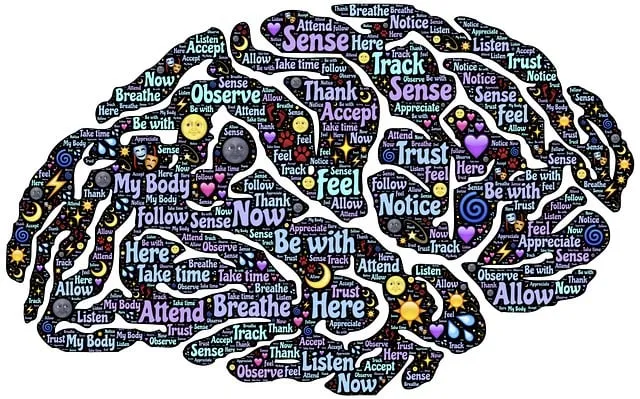The Boulder Kaiser Permanente Mental Health Access Center prioritizes mental wellness in a stressful urban environment through innovative coaching programs. Their data-driven approach includes policy analysis, tailored coping skills training, and evidence-based practices like mindfulness meditation. Strategic integration into healthcare systems and partnerships with community organizations increases visibility. Measuring success involves participant satisfaction, retention, improved mental health outcomes, and reduced crisis service use, with continuous improvement driven by feedback and program reviews. This comprehensive strategy ensures the center's coaching services empower individuals, foster community resilience, and adapt to evolving mental health needs.
In today’s fast-paced world, mental wellness is a cornerstone of overall health. Recognizing this crucial need, Boulder Kaiser Permanente Mental Health Access Center has pioneered innovative coaching programs to support individuals in navigating their mental well-being. This article explores the comprehensive development of these programs, from understanding the growing demand for accessible mental health resources to designing evidence-based strategies and implementing successful marketing techniques. We also delve into measurement tools and continuous improvement approaches to ensure optimal impact.
- Understanding the Need for Mental Wellness Coaching Programs
- Designing Effective Boulder Kaiser Permanente Mental Health Access Center Programs
- Implementing and Marketing the Coaching Services
- Measuring Success and Continuous Improvement Strategies
Understanding the Need for Mental Wellness Coaching Programs

In today’s fast-paced world, mental wellness is an increasingly important aspect of overall health, particularly in bustling urban centers like Boulder where high living standards often come hand-in-hand with heightened stress levels. The need for accessible and effective mental health support has led to a growing focus on innovative solutions, such as Mental Wellness Coaching Programs. One notable example is the Boulder Kaiser Permanente Mental Health Access Center, which offers comprehensive services tailored to meet the diverse needs of individuals seeking better mental wellness.
These programs recognize that coping with life’s challenges often requires more than traditional therapy. They aim to empower individuals by teaching valuable coping skills and fostering social connections, both crucial elements in preventing burnout and promoting long-term mental resilience. Through structured training and personalized guidance, participants learn effective strategies for managing stress, improving communication, and enhancing overall well-being. This proactive approach not only benefits individuals but also has the potential to contribute to a more supportive and resilient community as a whole.
Designing Effective Boulder Kaiser Permanente Mental Health Access Center Programs

Designing effective mental wellness coaching programs for a Boulder Kaiser Permanente mental health access center requires a multi-faceted approach that combines evidence-based practices with a deep understanding of the local community’s needs. The first step is to conduct a thorough Mental Health Policy Analysis and Advocacy, examining existing resources, identifying gaps, and understanding cultural sensitivities. This process ensures that the program aligns with the latest research and community expectations.
Once the policy framework is in place, the center can focus on delivering tailored coaching sessions that emphasize Coping Skills Development. Incorporating practices like Mindfulness Meditation has been shown to significantly reduce stress and anxiety, making it a valuable tool for coaches. By integrating these strategies, the Boulder Kaiser Permanente mental health access center can offer comprehensive support that enhances clients’ overall well-being and fosters sustainable positive change.
Implementing and Marketing the Coaching Services

Implementing and marketing coaching services is a strategic process that can greatly impact the success and reach of your Boulder Kaiser Permanente mental health access center’s programs. A well-structured plan ensures that your coaching offerings gain visibility and attract the right audience. Begin by integrating these services into existing healthcare systems, leveraging partnerships with local community organizations, and collaborating with medical professionals to co-create comprehensive wellness solutions.
Marketing plays a pivotal role in raising public awareness campaigns development around mental health. Highlight the Mind Over Matter principles through creative campaigns that resonate with diverse populations. Emphasize the cultural sensitivity in mental healthcare practice by showcasing your center’s commitment to inclusive services, ensuring potential clients feel welcomed and understood. Utilize digital platforms and traditional media to reach a broader spectrum of individuals seeking mental wellness coaching.
Measuring Success and Continuous Improvement Strategies

Measuring success in mental wellness coaching programs is a multifaceted endeavor, particularly when aiming to enhance well-being at an organizational level, such as at the Boulder Kaiser Permanente Mental Health Access Center. Key performance indicators (KPIs) should include participant satisfaction and retention rates, improvements in self-reported mental health outcomes, and reduced utilization of crisis services. Integrating feedback mechanisms from both participants and healthcare providers is essential for continuous improvement. Regular reviews of program effectiveness allow for adjustments to coaching methodologies, ensuring that interventions remain aligned with evolving best practices.
Continuous improvement strategies can involve enhancing Healthcare Provider Cultural Competency Training to foster more empathetic and effective interactions with diverse patient populations. Incorporating mindfulness meditation techniques into coaching curricula can benefit both coaches and clients, promoting self-esteem improvement and stress management. By adopting data-driven approaches and cultivating a culture of learning, mental wellness coaching programs can not only meet immediate needs but also adapt to the dynamic landscape of mental health support, ultimately enhancing overall well-being within communities served by centers like Boulder Kaiser Permanente.
The development of Mental Wellness Coaching programs, exemplified by the successful Boulder Kaiser Permanente mental health access center models, is a pivotal step towards fostering holistic well-being. By integrating coaching services into healthcare systems, we can empower individuals to take charge of their mental health. Effective design, strategic implementation, and continuous improvement ensure these programs reach their maximum potential, offering accessible and life-changing support for those in need. This approach not only enhances individual resilience but also contributes to a more vibrant and healthy community.






